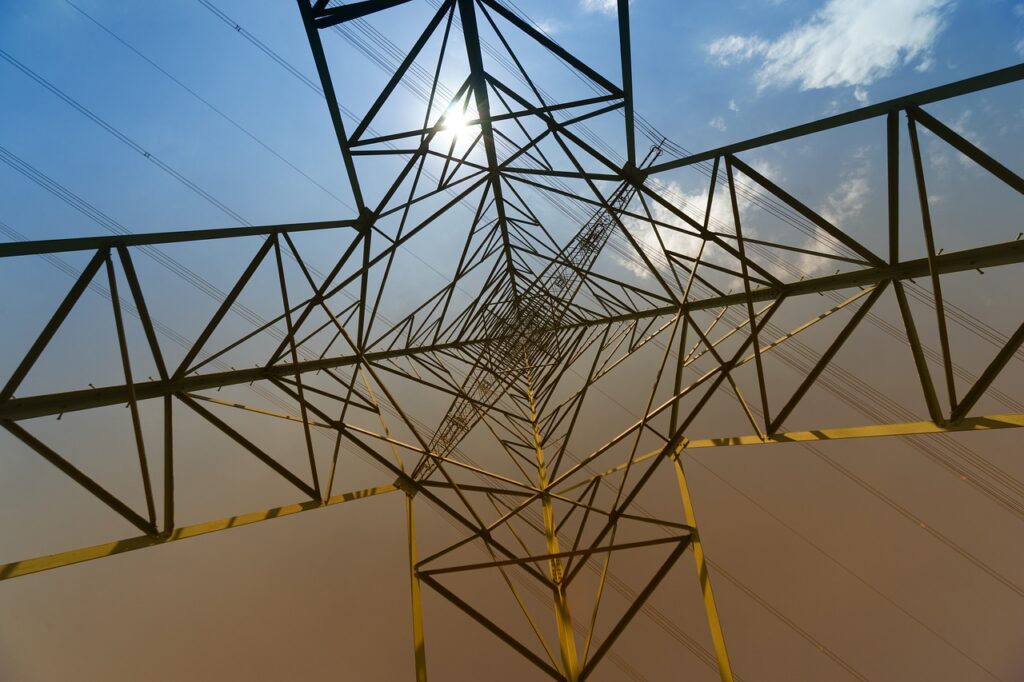The Baltic nations of Estonia, Latvia, and Lithuania are on the verge of a significant shift. They are preparing to disconnect their electricity grids from Russia’s power supply system.
This move is a significant milestone, as it reduces their dependence on Russia and integrates them further into the European Union’s energy network. Their final steps include transitioning their systems to operate independently of the Russian grid.
Historically, the Baltic States have been reliant on Russia for energy since their Soviet-era connections. However, as tensions with Russia rose, particularly after events like the annexation of Crimea, these countries prioritized energy independence. Over the years, they have been synchronizing their systems with European energy networks.
This change aligns the Baltic nations with the European energy market. By aligning with the EU’s grid, they gain greater security and stability. Not only does this reduce the risk associated with relying on a non-EU country for power, but it also provides access to a more extensive energy market. This transition is vital for their national security and future economic growth.
Looking ahead, the Baltic States anticipate a more secure and robust energy future. By breaking away from the Russian grid, they aim for increased energy independence and reduced geopolitical risks.
Stay updated on the latest in energy! Follow us on LinkedIn, Facebook, and X for real-time news and insights. Don’t miss out on exclusive interviews and webinars—subscribe to our YouTube channel today! Join our community and be part of the conversation shaping the future of energy.
